When Is Thumbsucking a Problem?
- Dr. Ryan R. Smith

- Oct 27, 2022
- 1 min read

can have a negative impact on a child’s teeth and jaws if the habit lasts beyond the toddler years.
A Healthy Self-Soothing Habit
In toddlerhood and infancy, these are perfectly healthy self-soothing habits. They help the child feel safe and happy when encountering a new or stressful experience (which frequently happens, as everything they encounter is a new experience for them). The benefits of thumbsucking or pacifiers are many, both for the parents and the babies themselves.
When It Stops Being Healthy
However, continuing these habits after a certain age can change the way the developing adult teeth will come in as well as the dental arch. Most children will grow out of the habit on their own by age 4. It could be time to intervene if they aren’t showing any signs of stopping by then.
Ways to Discourage the Habit
With pacifiers, it can be as simple as trimming it down until the child loses interest or taking it away. Thumbsuckers can be trickier. Nasty-tasting topical aids are an option, but they aren’t perfect. We recommend, rather than scolding failures, praising successes. Keep their hands too busy for sucking, giving them activities, or putting socks over their hands to discourage thumbsucking at night.
The content on this blog is not intended to be a substitute for professional medical advice, diagnosis, or treatment. Always seek the advice of qualified health providers with questions you may have regarding medical conditions.





Comments